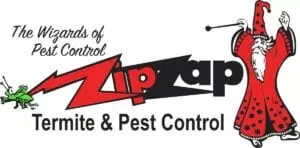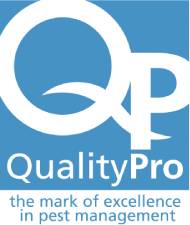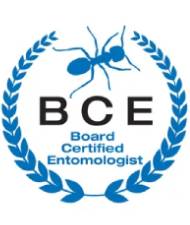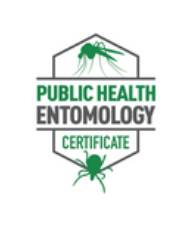Why is Pest Control Important?
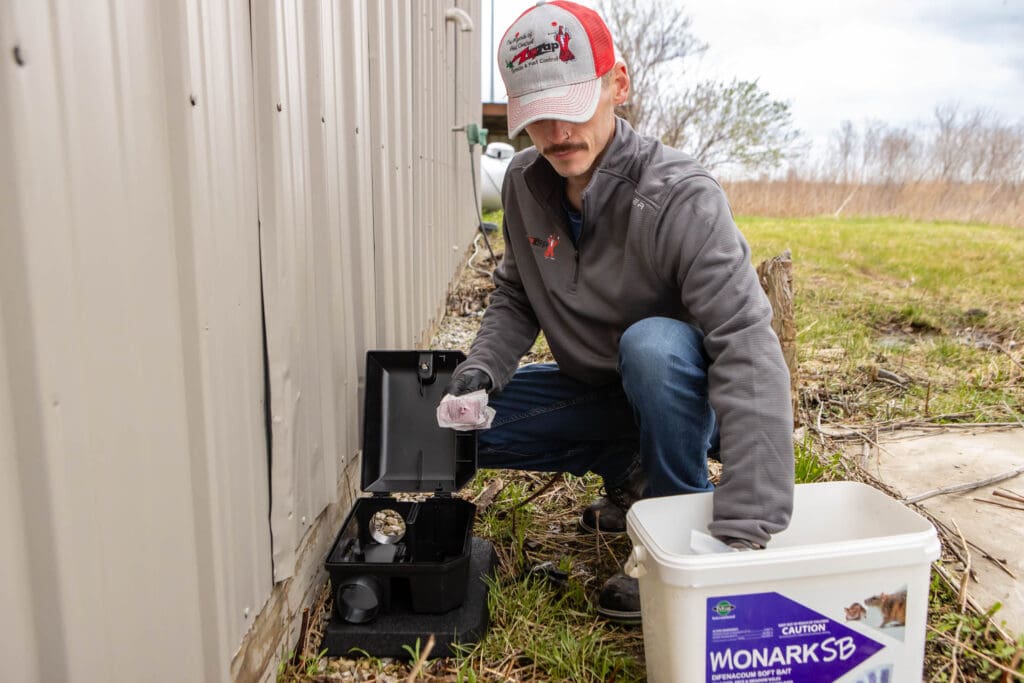
Why is Pest Control Important in Kansas City
Pests have been a challenge for humanity since the dawn of civilization, threatening our food, health, and homes. From ancient plagues to modern infestations, the question “why is pest control important?” has echoed through history. Without effective pest management, societies faced devastating consequences—famines, diseases, and economic losses. Today, professional pest management has transformed our world, offering solutions that protect our homes, health, and environment. In this blog, we’ll explore the grim past without pest control. The evolution of pest management and why proactive pest control is essential in our modern lives.
A World Without Pest Control: A Historical Perspective
Long before we had any real way to fight pests, they ran rampant, causing all kinds of trouble for people. Bugs, rats, and other critters destroyed harvests, spread nasty diseases, and made life miserable. Here are a few eye-opening examples and numbers that show just how chaotic things got without pest control:
- The Black Death (14th Century): Rats and their fleas carried the plague. This wiped out millions—some say up to half of Europe’s population. With no way to manage rodents, a small problem snowballed into a disaster.
- Irish Potato Famine (1845–1847): A fungal blight ruined potato crops. This is starving about a million people in Ireland and forcing another million to leave their homes. Without tools to protect crops, families lost everything.
- Locust Plagues: Way back in ancient Egypt and Rome, swarms of locusts could wipe out entire fields. In just a few days, it would leave communities hungry and helpless.
- Crop Losses: Before pest control, farmers lost 30–50% of their crops to bugs and diseases—sometimes even 80% for certain plants. That meant empty stomachs and constant worry about food.
Without pest control, societies were at the mercy of nature’s pests. Diseases like typhoid fever, spread by pests such as flies and rodents, were rampant. Superstitions often replaced science, with farmers resorting to ineffective rituals. Like running barefoot through fields to ward off caterpillars, as documented in Roman texts. The lack of pest management meant that famines were frequent, diseases spread unchecked, and entire civilizations struggled to survive.
The Evolution of Pest Management: A Game-Changer for Society
If you’ve ever wondered, “Why is pest control such a big deal?” just take a look at how far it’s come. From simple, old-school tricks to high-tech solutions, pest control has completely transformed farming, health, and keeping our homes safe. Here’s the story of how it evolved and the incredible ways it’s made life better:
- Ancient Know-How (2500 BC–AD 300): Way back, people got creative. Sumerians burned sulfur to shoo away bugs. Egyptians relied on cats to chase off rats, and Chinese farmers set loose predatory ants to guard their citrus trees. These were the first steps in fighting pests.
- 19th Century Leaps: The Industrial Revolution brought new tools, like the first pesticide sprayer in 1880. Around the same time, farmers in California used tiny beetles in 1888 to wipe out a pest ruining their citrus crops, saving the industry.
- 20th Century Breakthroughs: Things really took off with DDT. In the 1930s, scientists developed a method that zapped disease-carrying bugs like mosquitoes. This helped stop malaria and typhus during World War II. But when folks realized DDT wasn’t great for the environment, they pivoted to smarter methods like Integrated Pest Management (IPM).
- Today’s High-Tech Approach: Now, pest control is all about balance. Using things like digital traps, professional products, and even data to track pests. We’re keeping homes and crops safe without hurting the planet. The pest control industry, worth nearly $20 billion in 2019, is expected to hit $32 billion by 2027. More people see its value every day.
Pest control’s evolution has been a lifesaver, from saving crops to stopping diseases. It’s why we can grow more food, stay healthier, and sleep soundly without worrying about creepy crawlies.
Benefits of Professional Pest Management
Professional pest management has delivered measurable benefits to society:
- Reduced Disease Transmission: Modern pest control has curbed vector-borne diseases, which account for 17% of global communicable diseases and over 700,000 deaths annually. By targeting pests like mosquitoes, rats, and cockroaches. Pest control prevents diseases such as malaria, dengue, and hantavirus.
- Increased Food Security: Pesticides and IPM have reduced crop losses from 50–80% in pre-modern times to 20–30% today, ensuring a stable food supply for a growing global population.
- Economic Savings: Effective pest management saves billions in agricultural losses. For example, the introduction of biological controls like the ladybird beetle saved California’s citrus industry in the 1890s. Modern pest control continues to protect economic assets.
- Improved Quality of Life: Professional pest control eliminates household pests like termites. Termites cause $5 billion in property damage annually in the U.S., and cockroaches which trigger allergies and asthma.
Why Getting Ahead of Pests Is the Way to Go
When it comes to pests, it’s way better to stay one step ahead than to deal with a mess. Especially after it’s already out of control. Waiting until your home is crawling with bugs or rodents can mean big repair bills, health headaches, and even harm to the environment. By tackling pest problems before they blow up, you’re saving yourself a lot of trouble. Here’s why being proactive about pest control is a must:
- Catch Problems Early, Save Cash: Spotting pests before they settle in can save you a ton. Experts say regular checkups can cut pest-related damage. These include chewed-up walls from termites or gnawed wires from rats, by as much as 80%. A quick inspection now beats a huge repair bill later.
- Keep Your Home Healthy: Roaches, mice, and other pests aren’t just annoying; they spread germs and stir up allergies. Staying on top of pest control keeps your kitchen clean, your air fresher, and your family safer. Especially from the diseases those critters carry.
- Go Easy on the Planet: Today’s pest control pros use smart, professional methods. Like special baits or natural predators that target pests without dousing everything in harsh chemicals. Being proactive means fewer sprays, which is better for the environment and the critters we actually like, like bees.
- Sleep Easy: With a solid pest control plan, you don’t have to worry about waking up to an ant invasion or hearing mice in the walls. Companies like ZipZap Termite & Pest Control set up things like perimeter barriers. This keeps your home pest-free all year, so you can relax.
The Importance of Professional Pest Control for Home, Health, and Environment
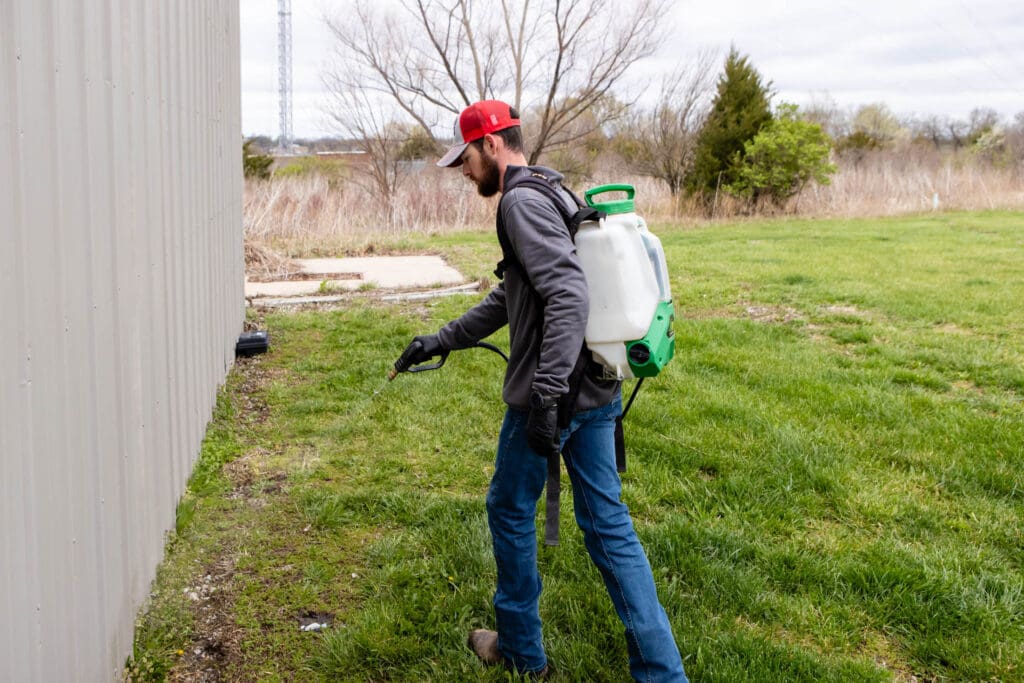
Professional Kansas City pest control is more than just a convenience—it’s a necessity for safeguarding your home, health, and the environment. Here’s why:
- Home Protection: Pests can cause significant structural damage. Termites alone destroy 600,000 homes annually in the U.S., while rodents chew through wiring, increasing fire risks. Professional pest control uses advanced techniques to protect your property.
- Health Safety: Pests spread bacteria and allergens that affect indoor air quality. Professional services eliminate these risks, ensuring a safe living space. For example, targeted treatments like German cockroach gel baits minimize health hazards in kitchens.
- Environmental Responsibility: Professional pest control companies embrace IPM, using sustainable methods to reduce pesticide overuse. This protects pollinators, wildlife, and ecosystems while effectively managing pests.
Conclusion: Take Control with Proactive Pest Management
The question “Why is pest control important?” has a clear answer: it’s vital for protecting our homes, health, and environment. History shows us the devastating consequences of unchecked pests—famines, plagues, and economic ruin. Thanks to the evolution of professional pest management, we now enjoy safer homes, healthier lives, and a more secure food supply. By choosing proactive pest management with ZipZap Termite & Pest Control, you can prevent infestations before they start. Thus saving money, reducing health risks, and contributing to a sustainable future.
Don’t wait for pests to take over. Contact ZipZap Termite & Pest Control in Kansas City today for an inspection and discover how our expert services can keep your home pest-free year-round!

Jeffery Preece, BCE, PHE
Jeffery Preece is the owner and technical director of ZipZap Termite & Pest Control.
